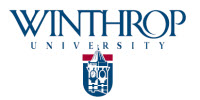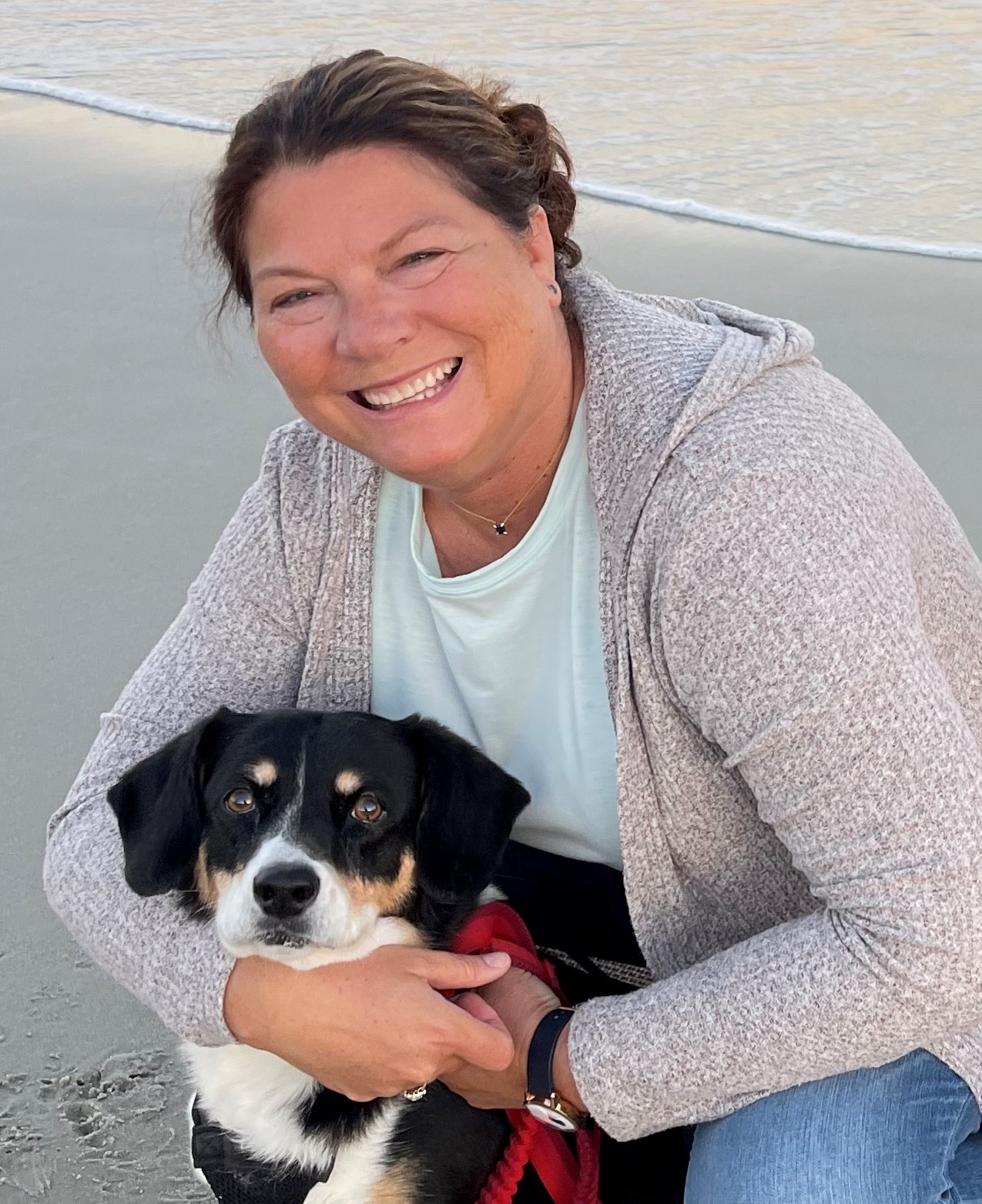Below is a summary of the abstract you submitted. Presenting author(s) is shown in bold.
If any changes need to be made, you can modify the abstract or change the authors.
You can also download a .docx version of this abstract.
If there are any problems, please email Dan at dar78@pitt.edu and he'll take care of them!
This abstract was last modified on May 23, 2024 at 8:34 p.m..

SEA-PHAGE freshmen isolated Mycobacteriophage ExplosioNervosa (A9) in 2017. It was a difficult phage to amplify; slow to web, and a struggle to achieve high titer, hence its name. Following sequencing and annotation, a lysate was prepped for long-term storage. In 2021, the SEA-GENES program began at Winthrop, and ExplosioNervosa returned to the bench for further characterization. It was “one of our own”, and students were intrigued. Living up to its name, amplification of a specific area of ExplosioNervosa’s genome became an issue. The sequencing notes described a population of phage in the original lysate that contained a large deletion in this same region. It appeared that this mutant population now dominated our re-activated virus. This led to a number of additional student projects designed to support and expand the SEA-GENES course work. Discovery of the original collected lysates enabled recovery of the “lost” eleven predicted genes. Cloning and phenotypical testing was now possible, in parallel with the remainder of ExplosioNervosa’s genes. Investigations comparing the two phage populations are underway which include potential differences in host range, homotypic infectious ability (defense assay), and effects on host growth. As its journey continues, ExplosioNervosa is engaging students, stimulating questions and instigating further research.

